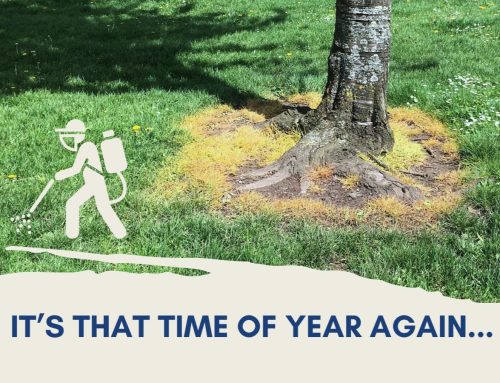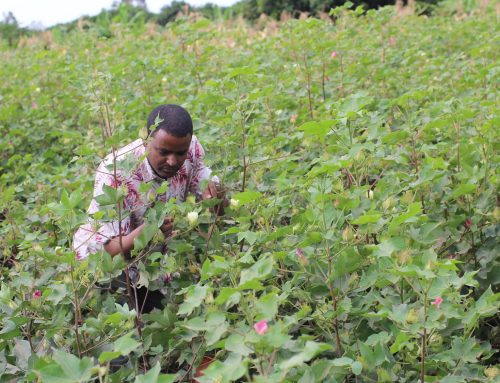by Josie Cohen (Head of Policy and Campaigns)
Today, Monday 21st January (‘Blue Monday’), is claimed to be the most depressing day of the year. But the agrochemical company Bayer, the world’s largest manufacturer of glyphosate-based products, must be desperately hoping that their worst days of 2019 are already behind them.
That’s because glyphosate – the most widely used weedkiller globally – has taken some bad knocks in the last week…
- A paper was released examining why the World Health Organisation’s International Agency for Research on Cancer (IARC) classified glyphosate as a ‘probable carcinogen’ while the US Environmental Protection Agency (EPA) deemed it to be safe. The study reveals how the EPA relied heavily on unpublished studies commissioned by pesticide manufacturers while IARC only used public sources. Of the 95 research papers taken into account by EPA, only 1 reported a positive result for genotoxicity. In contrast, among the 211 published studies, 156 reported at least one positive result, or 74%. The paper also points out that the EPA’s assessment only looked at exposure to the general public via food and ignores the risks surrounding those using glyphosate-based products as part of their work such as farmers and groundskeepers.
- A committee of MEPs published a report confirming that EU regulators based their controversial decision to relicense glyphosate in 2017 in large part on evidence provided by manufacturer Monsanto. The study found that in the chapters dealing with the assessment of published studies on health risks related to glyphosate, 50.1% of the content was identified as plagiarism (= “malign” copy paste).
- In France, the Lyon administrative court withdrew the license for glyphosate-based product Roundup 360, arguing that ‘in the light of the precautionary principle’ it should never have received authorisation in the first place.
- In the UK, Bristol Council voted unanimously to phase out the use of glyphosate and other pesticides, following years of campaigning by PAN UK and the Play Safe Bristol Alliance. This decision comes hot on the heels of Croydon Council committing to end the use of glyphosate in all of its parks and green spaces.
But the week wasn’t quite over yet…
- Two days later, it was announced that US retail giant Costco would no longer be selling Roundup or any other glyphosate based products. This decision comes off the back of a landmark ruling by a court in the US that Roundup was liable for a terminally ill man’s cancer.
- Finally, last Friday, a paper was published revealing that pesticide residues were found in the vast majority of agricultural soils tested in 11 European countries. Of the 500 active substances currently used in the EU, the most common pesticide detected at the highest concentration was glyphosate. This sits in direct contrast to widely touted claims that glyphosate does not persist in soil.
Bayer – who bought Roundup manufacturers Monsanto just eight months ago – must have breathed a sigh of relief when the week finally ended. But their situation doesn’t look like it’s going to improve any time soon. In the US, the first of the federal court trials covering a new set of plaintiffs claiming they have been harmed by glyphosate is due to start on 25th February. Given that the company was ordered to pay $78 million in damages to Dwayne Johnson in August, it looks like 2019 could potentially be a very expensive year.






